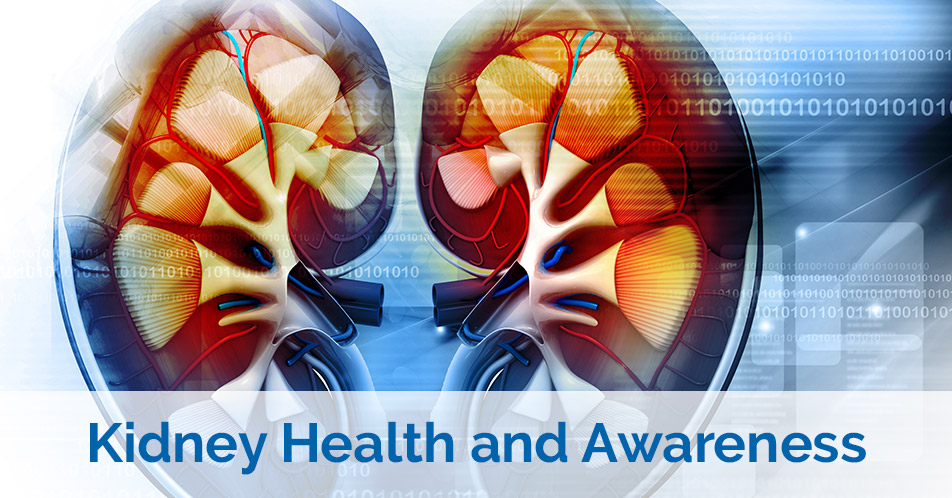What are Kidneys?
The kidneys are the primary organs in our bodies that are responsible for cleaning our blood and filtering out waste and toxins so the blood stays clean as it circulates through the body. They process the blood to sort out excess fluids, unwanted chemicals, and waste, and turn these into the urine. That is then eliminated from the body so it does not build up in the body and poison us from the inside. Every hour, your entire blood supply cycles through your kidneys 12 times, which is approximately the volume of 200L of blood passing through the kidneys each day! Kidneys will also help regulate your blood pressure, balance the amount of water in your body, and manage your body’s production of vitamin D. Your kidneys work hard, day and night, to keep you healthy and both are needed in order to keep you healthy and strong. You can survive with one but you will have other health effects and repercussions to worry about.
Kidney Disease
Kidney disease or renal disease as it is known in the medical field is a general term used for when the kidneys have become damaged in some way and don’t function as they should. Kidney disease can be treated once diagnosed but it cannot be reversed and the damaged kidney will never be fully healthy or functional again. Kidney disease is often called a ‘silent disease’ because it often doesn’t cause symptoms until it has progressed significantly. By the time visible signs like pain, changes in urine output and color, or other concerning symptoms are seen the kidney has already been severely damaged. This is why it is so important to seek medical advice if you notice any symptoms or are at all concerned that you may have issues with your kidney. The best way to catch issues early on is to monitor kidney health regularly.
Types of Kidney Disease
There are several types of kidney disease. These include:
Kidney stones –naturally occurring rock-hard crystals that form in the kidneys as a result of too much calcium or other minerals building up in the blood as it is filtered in the kidneys.
Polycystic kidney disease – an inherited and genetic condition that is passed on from parent to child that ends up causing cysts to form in the kidneys.
Diabetic kidney disease – kidney damage caused by diabetes that is uncontrolled and puts more stress on the kidneys causing them to work too hard filtering out sugar from the blood.
Glomerulonephritis – the term used for an inflammation of the kidney’s filters, which are known as glomeruli, that causes them to not filter the blood as effectively.
Kidney infection – urinary tract infection that passes the normal reach of the urethra and affects the kidneys where it can cause slight drops in function to complete failure if it gets too bad.
Kidney cancer – this is rare but can happen when cancerous cells begin to form in the kidney tissue and cause healthy cells to die thus making the kidney less effective at filtering toxins.
Kidney failure– the complete failure of the kidneys to operate as they should and toxins build up in the blood and poison the body; there are five stages to kidney failure depending on how bad it is.
Taking Care of Your Kidneys
There are some things you can do to look after your kidneys and to keep them healthier starting right now:
Quit Smoking– smoking damages all major organs and the kidneys can really take a beating.
Watch Blood Pressure – high blood pressure also stresses the kidneys and can cause them to fail.
Drink Water- water is the best thing to drink and it helps flush toxins out of the kidneys.
Hit the Gym– being active and losing weight will help improve overall health and wellbeing.
Eat Healthy– a good diet gives your body the important building blocks it needs to repair itself.
See a Doctor Often– working closely with a doctor is the best way to monitor kidney health.
Early Detection is Everything
Kidney disease is a progressive disease, and once it reaches the later stages, there is little that can be done. If caught early, kidney disease can be treated very effectively so be vigilant and be smart with your health. Protecting your kidneys is a lifelong endeavor and your health and wellbeing depend on it. Contact us today to learn more about protecting your kidneys and your overall health in the process!

